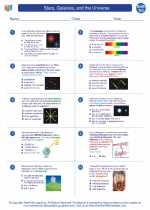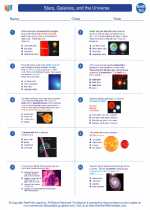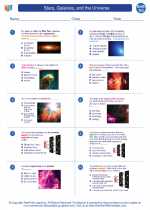Muscles
Muscles are specialized tissues in the human body that have the ability to contract, producing movement and maintaining posture. There are three main types of muscles: skeletal, smooth, and cardiac.
Skeletal Muscles
Skeletal muscles are attached to the bones and are responsible for voluntary movements such as walking, talking, and lifting objects. They are striated (striped) in appearance and work in pairs - when one muscle contracts, the other relaxes.
Smooth Muscles
Smooth muscles are found in the walls of internal organs such as the stomach, intestines, and blood vessels. They are not under voluntary control and are responsible for involuntary movements such as peristalsis (contractions of the digestive system) and regulating blood flow.
Cardiac Muscles
Cardiac muscles are found only in the heart. They are striated like skeletal muscles but are involuntary, meaning they work without conscious effort. The rhythmic contractions of cardiac muscles pump blood throughout the body.
Muscle Functions
Aside from movement and posture, muscles also play a crucial role in maintaining body temperature, protecting internal organs, and controlling the passage of substances through various body channels.
Study Guide
- What are the three main types of muscles?
- Describe the appearance and location of skeletal muscles.
- Provide an example of a voluntary movement controlled by skeletal muscles.
- Where are smooth muscles found in the body?
- What is the function of cardiac muscles?
- Explain the difference between voluntary and involuntary muscle movements.
- Discuss the various functions of muscles in the human body.
[Muscles] Related Worksheets and Study Guides:
.◂Earth Science Worksheets and Study Guides High School. Stars, Galaxies, and the Universe

 Worksheet/Answer key
Worksheet/Answer key
 Worksheet/Answer key
Worksheet/Answer key
 Worksheet/Answer key
Worksheet/Answer key
